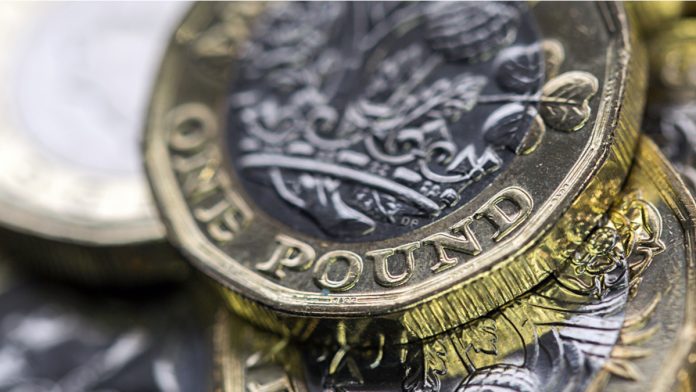- Pound (GBP) underpinned by encouraging covid statistics
- UK manufacturing PMI beats forecasts
- Euro (EUR) rose on Monday after impressive manufacturing PMI
- EZ inflation & German retail sales in focus
The Pound Euro (GBP/EUR) exchange rate is edging higher on Tuesday. The pair settled mildly lower -0.07%% on Monday at €1.1550 after briefly spiking through €1.1602. At 05:15 UTC, GBP/EUR trades +0.03% at €1.1553.
The Pound is well supported as investors remain focused on the reopening of the British economy. Over a third of the adult population has now had a first does. The latest daily figures show that the number of new daily infections dropped to just 5455, whilst the number of deaths declined to just 104.
Ministers confirmed that the England’s roadmap out of lockdown remains on track despite six reported cases of the Brazilian covid variant.
Data in the previous session revealed that the UK manufacturing sector expanded faster than expected in February despite covid restrictions. However, supply chain disruptions as the UK departs from the EU is limiting further upside. The manufacturing PMI recorded 55.1 in February ahead of the initial 54.9 reading.
Today there is no high impacting UK data. Investors will remain firmly focused on the Chancellor’s Spring Budget on Wednesday where investors will be watching carefully to see how supportive Rishi Sunak will be and whether he will start raising taxes in order to address surging public finances.
The Eurozone manufacturing PMI a revealed that activity in the sector grew in February at the fastest pace in 3 years. The final IHS Markit PMI rose to 57.9, up from 54.8 in January and ahead of the preliminary reading of 57.7. The level 50 separates expansion from contraction.
Strong demand in both domestic markets and abroad has helped drive expansion in the sector to a level which has rarely been passed.
Today investors will continue to focus on the economic calendar with the release of German retail sales and inflation from the Eurozone. Retail sales are expected to decline 1% month on month in January which would be a vast improvement on December’s -9.6% decline.





